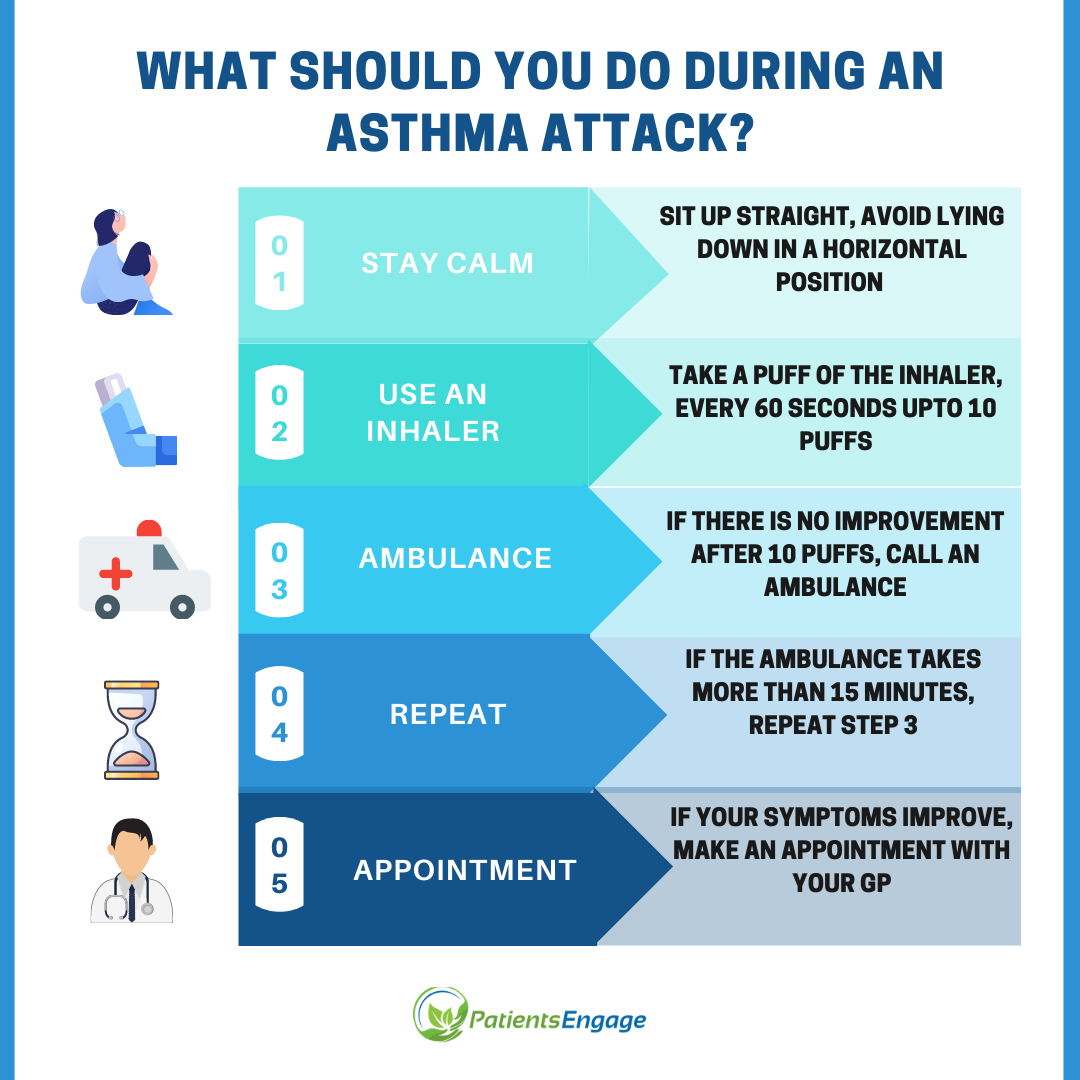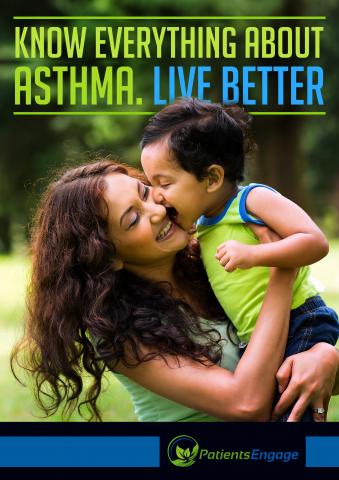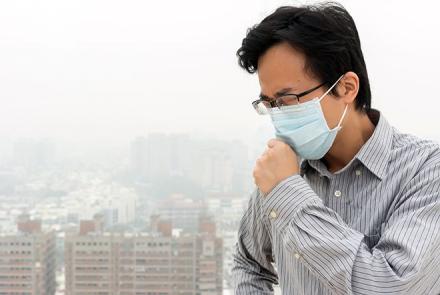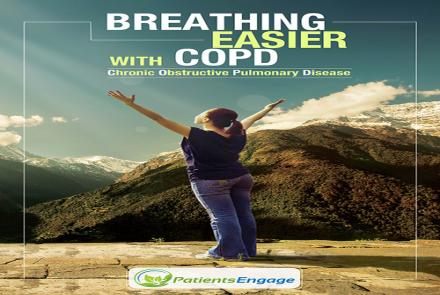
DON'T PANIC! Dr. Shital Patel tells you the early signs of an asthma attack to watch out for and what you should do during an asthma attack. Plus link to a free e-book on Asthma.
Watch out for the signs of an Asthma Attack
- Shortness of breath such that you are unable to eat, speak or sleep.
- Worsening cough, wheezing and tightness of chest. Symptoms usually worsen over a period of few days. Keep a watch out for gradual increase in inhaler use.
- Increase in breathlessness.
- Children may experience stomach ache.
- Inhaler is not helping relieve the symptoms.
What to do during an Asthma Attack?
These guidelines can be followed by both children and adults and are the recommended steps by most hospitals. Most asthma patients are handed an Asthma action plan pamphlet by the hospital, if so please follow the instruction on that pamphlet.
1. Stay calm! Don’t let anxiety take over the situation.
2. Sit up straight; avoid lying down in a horizontal position which may further aggravate the symptoms.
3. Take a puff of the inhaler (usually the blue one) every 60 seconds, up to 10 puffs.
4. If there is no improvement after 10 puffs, call the emergency hospital line or an ambulance.
5. If the ambulance takes longer than 15 mins, repeat step 3.
6. If your symptoms improve after the 10 puffs, make an appointment with your GP for the following day. Ask your GP about any specific emergency instruction or rescue prednisone tablets.

How to Reduce the Risk of an Asthma Attack
- Take the prescribed medicines regularly.
- Visit your doctor regularly for check-ups.
- Make sure you are using the inhaler properly. Monitor your inhaler use.
- Avoid all known triggers whenever possible.
- Avoid first and second-hand smoking!
- Practice relaxation and deep breathing exercises to build lung capacity!
- Reduce unwanted weight for a healthier form.
- Avoid contact with persons who may have respiratory infection even colds and flu. Take flu vaccinations every year.
And don't forget to download our comprehensive ebook on Asthma Management here. If you have registered before, please make sure you are logged in. If you have not registered before, you will need to register.

















